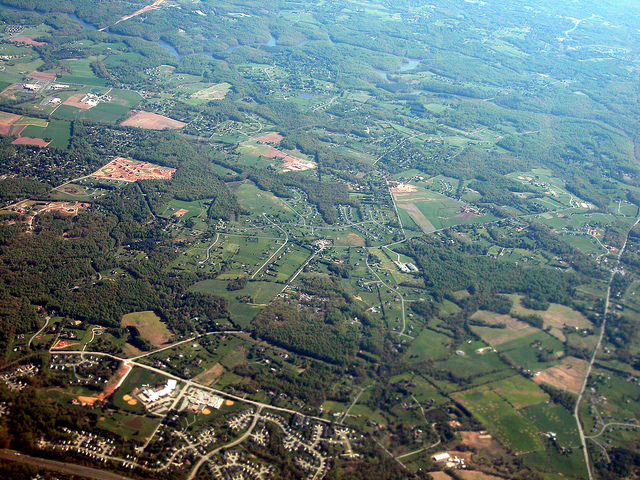
by admin | Apr 30, 2015 | Economics of Sound Planning, News, Regional Planning
In strictly economic terms, sprawl is inefficient. Spread people out, and it takes them longer to drive where they need to go, and it costs them more in gas money to get there. Disperse a few people over a lot of land, and that land is used inefficiently, too. Then... by admin | Jan 25, 2015 | Economics of Sound Planning, News
In a recent piece in the Upper Llano River Watershed Protection Plan Newsletter, Dr. Tom Arsuffi explores the value of a healthy, functioning Hill Country ecosystem. In a Texas that is increasingly urbanizing, how do we ensure that our urban centers properly value... by admin | Nov 10, 2014 | Economics of Sound Planning, News, Public Lands
“The take-away message from this study,” Dr. Crompton says, “should be that the state park system is an important contributor to the Texas economy, particularly in rural areas and that the state’s net investment in parks is returned many times over... by admin | Jan 17, 2013 | Economics of Sound Planning
Investing in land and rewarding landowners to take care of land is a smart investment for long-term water needs. Far less expensive than massive industrial infrastructure, taking care of water catchment areas (watersheds) will provide natural infrastructure for... by admin | Sep 18, 2012 | Economics of Sound Planning
“But, while my concern with sprawling growth patterns was rooted in their effect on the landscape, on the environment, and on severely compromised populations left behind, Chuck is all about the money. As Thoughts on Building Strong Towns makes quite clear,... by admin | Sep 29, 2011 | Economics of Sound Planning
The lake dropped to its third lowest level in recorded history this week. It is currently sitting just below 630 feet. The Lake Travis Coalition, which compiled Thursday’s report, found that when the lake falls below 661 feet, there’s a big hit to those...

